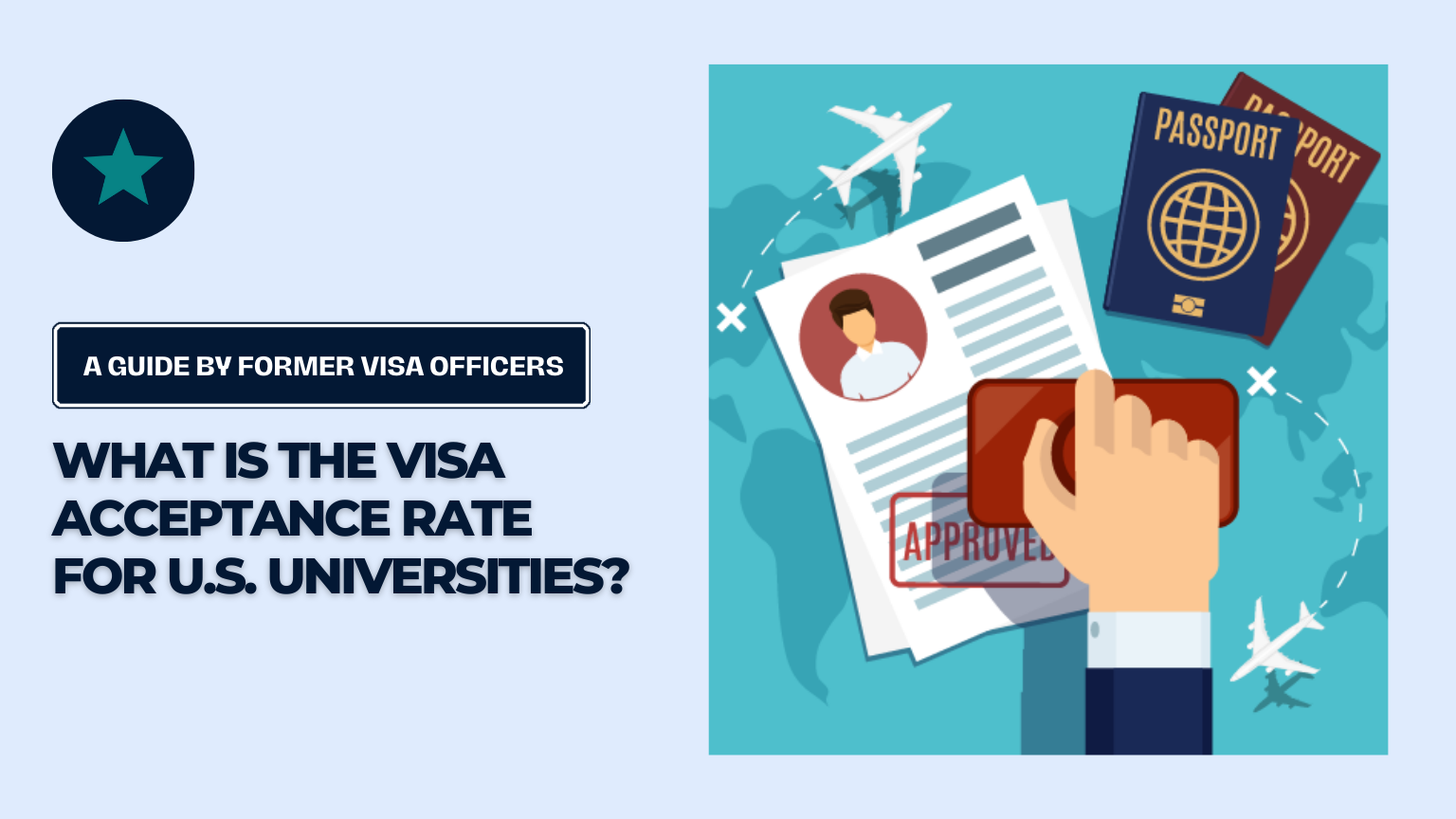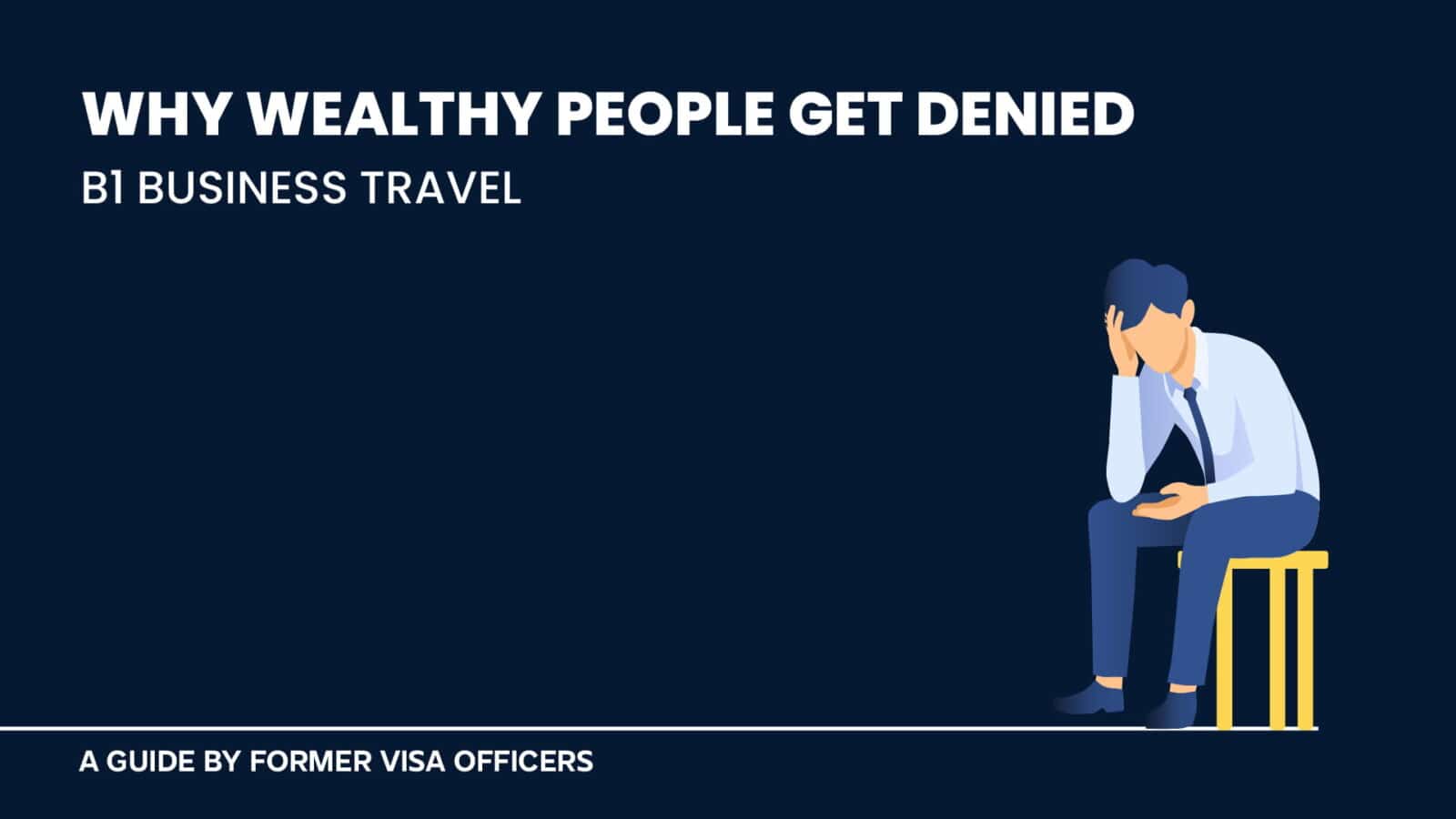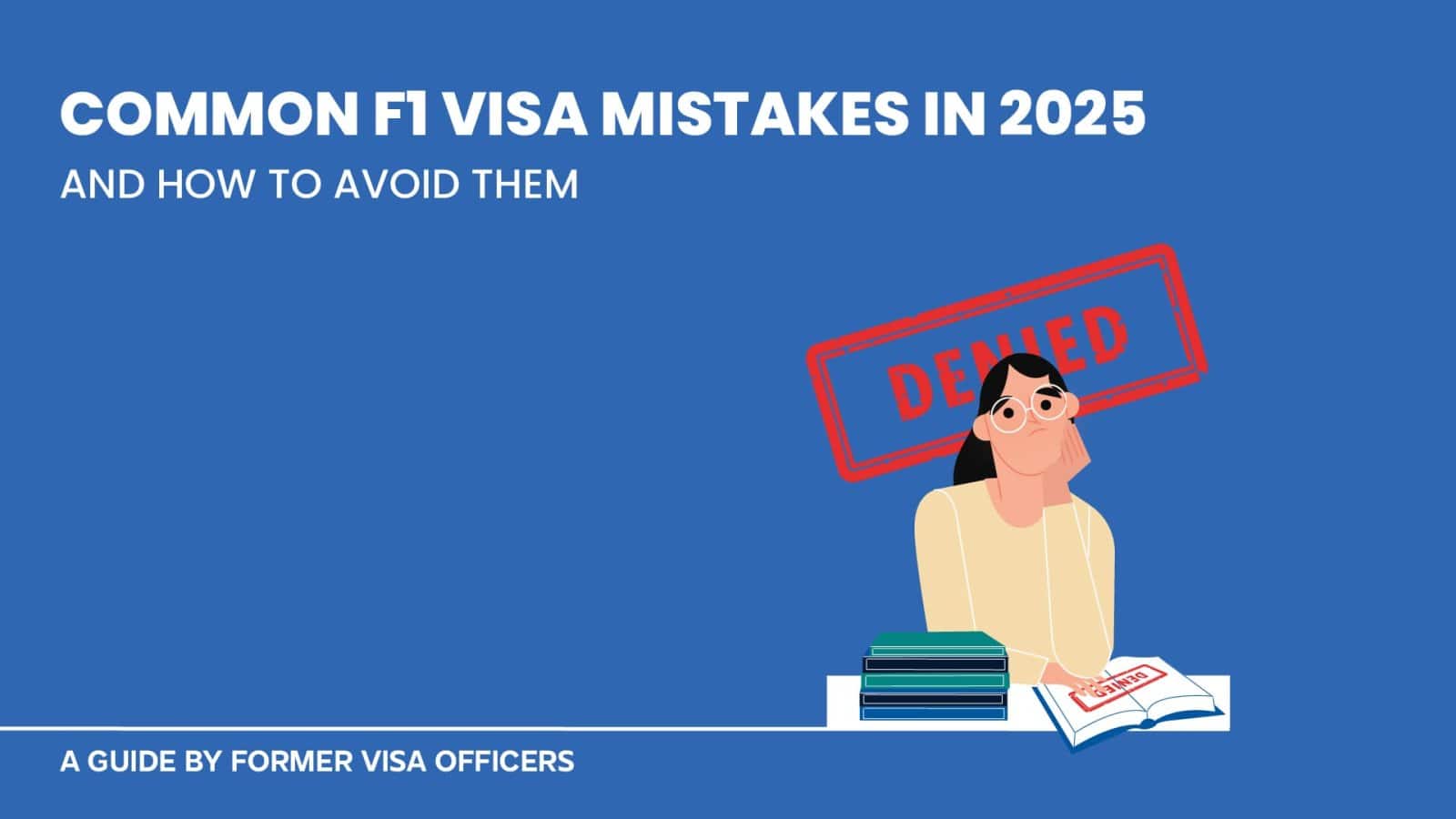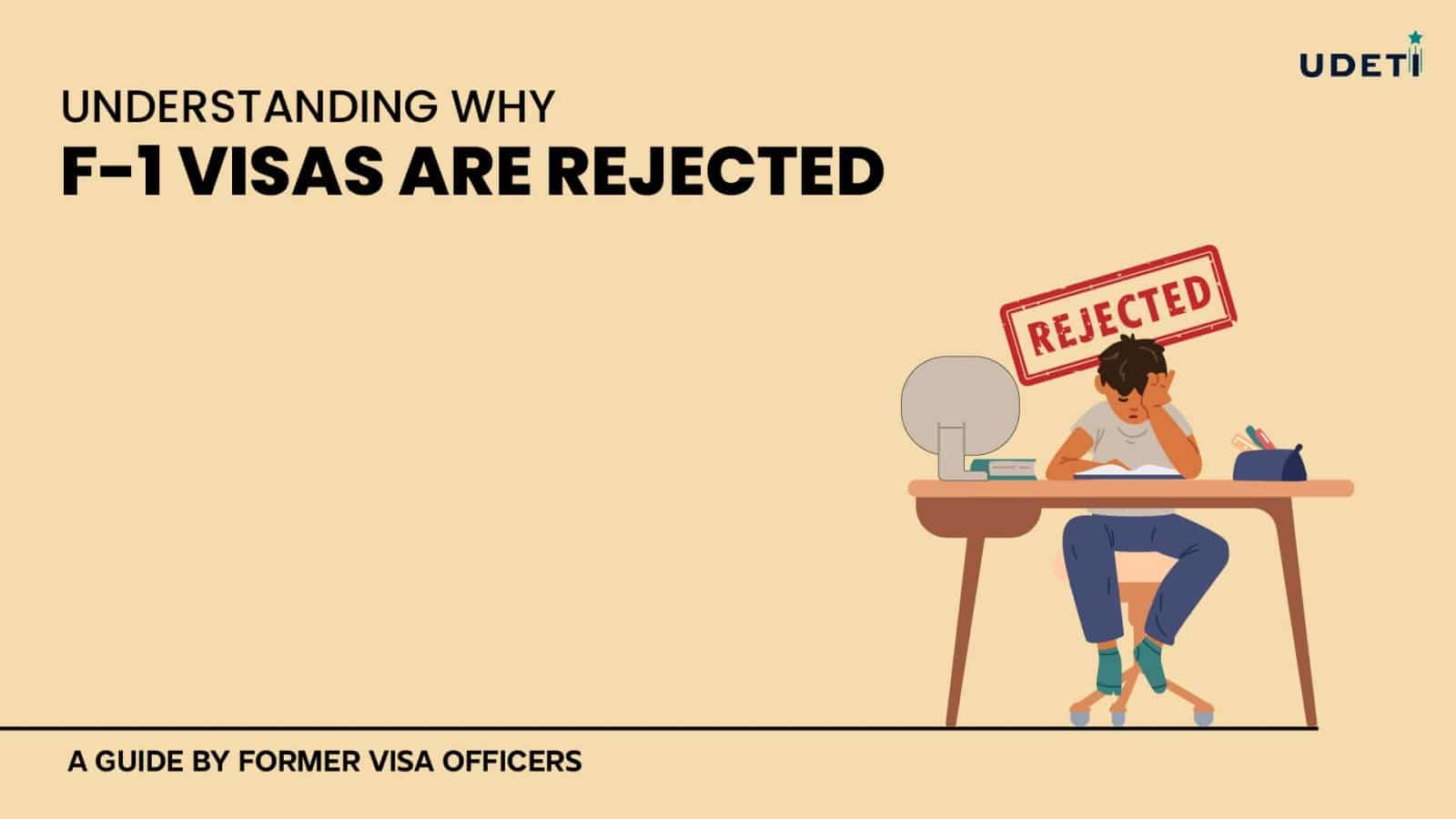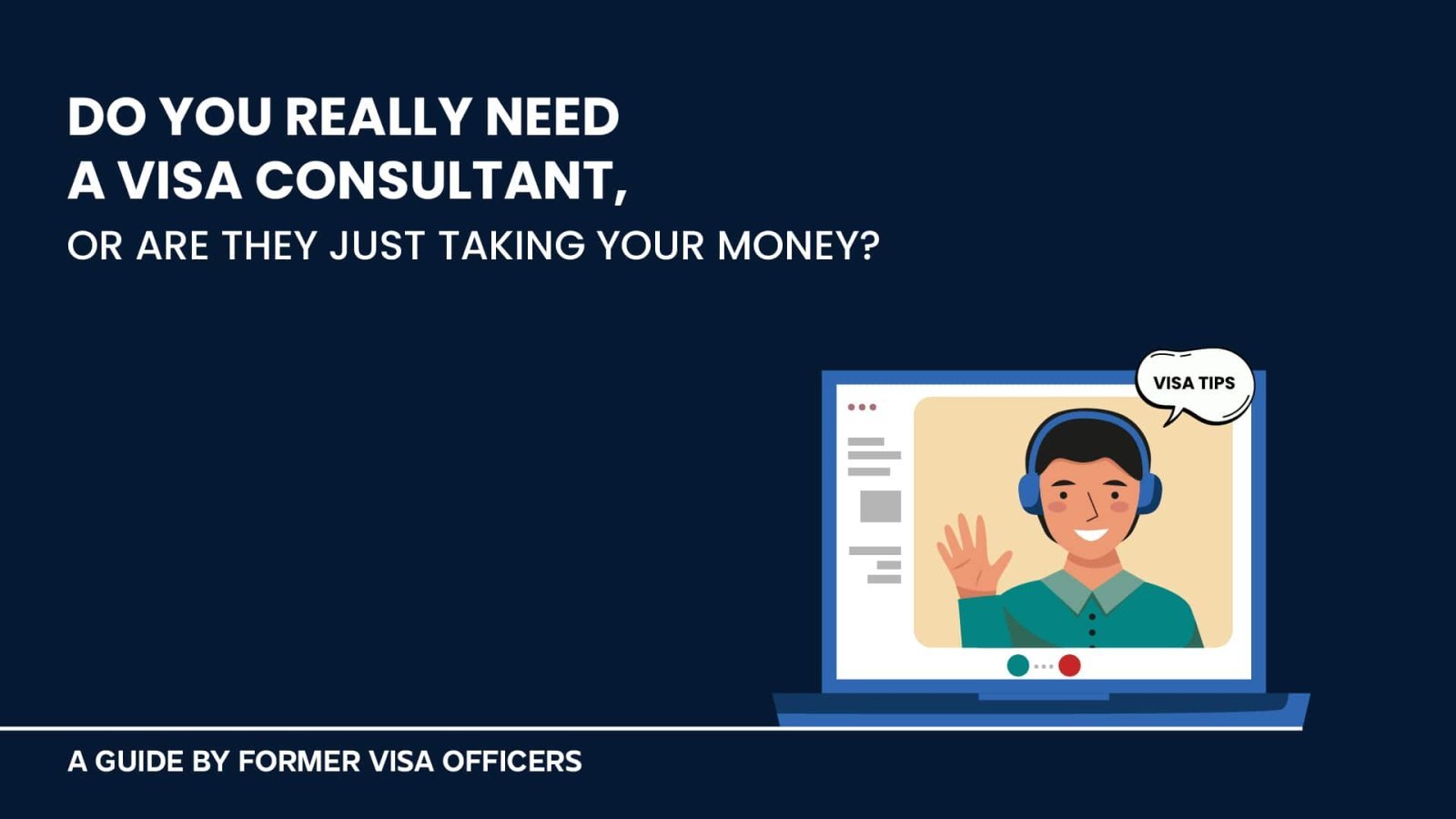The first step in the journey from deciding to study abroad to attending your first lecture is finding the right university. With over 4000 universities in the U.S., finding the one that suits your needs can be challenging. When pursuing higher education in the United States, international students often face the daunting task of obtaining a visa to study at a U.S. university.
The F1 visa acceptance rate for U.S. universities is a critical factor that can significantly impact the decision-making process for prospective international students. Each country has overseas education companies and platforms that help students select a country, state, school, and program. Take the time to explore your needs and what is important to you first. Visit various study-abroad professionals and platforms before making your decisions. UDETI’s former consular officers (USA visa consultants) can help with visa interview preparation once you have secured your I-20.
F1 Visa Acceptance Rate Trends
The approval and refusal rates of F1 visas vary depending on several factors, including the applicant’s country of origin, academic qualifications, and financial status. In recent years, the approval rate for F1 visas has been declining. In 2019, the approval rate was 79%, dropping to 68% in 2020 and 65% in 2022. The refusal rate has increased accordingly, from 25% in 2019 to 31% in 2019, and saw a further significant increase of about 34%. Historically, 1 out of 3 student visa applicants are rejected at the visa window.
Visa Interview Acceptance Rates for Specific Universities
When it comes to F1 visa interviews, it’s essential to understand that there’s no specific guide that guarantees a certain visa acceptance rate for a particular university. Like a job interview, your university’s reputation can make a positive impression, but it’s not the only factor.
Along with a well-regarded school, consular officers consider the competitiveness of the school and program and graduation rates for the institution. Moreover, while a more competitive school or program can impress the visa officer, it is crucial to remember that the reason for selecting a particular school or program holds more weight than its ranking or level of competitiveness.
Demonstrating a genuine and well-thought-out purpose for choosing a specific educational institution can significantly increase the chances of visa approval, regardless of reputation and rankings.
While a more competitive school can increase your chances of securing a visa, it’s not the only deciding factor: The consular officer will always look at your visa application and profile as a whole when interviewing you. It’s natural to aspire to attend the best universities, but there are other ways to impress visa officers besides the university acceptance rate.
Need to speak to a former U.S. consular officer?
Conclusion
Achieving your U.S. visa aspirations requires meticulous preparation and research. As you learned in this blog, admission into a competitive U.S. university can boost your chances of an F1 visa, but it is not the only deciding factor. Your reason for selecting the institution and program must be communicated flawlessly at the visa interview. Proper preparation for your visa interview is essential. If you still have doubts, UDETI’s USA visa consultant services by ex-visa officers are unmatched, as we know how to help you present your best self and articulate your story.
This blog post was written by Yvette Bansal, a former consular officer, and Amandeep Kaur, a lawyer and legal writer.
DISCLAIMER:
This blog does not endorse or advocate for any illegal activities. All content presented here is intended for educational purposes only. The viewpoints expressed do not constitute legal advice and are solely based on the writer’s opinions and experiences. Please use the information provided responsibly. Any advice given is of a general nature and should be applied to your specific circumstances with caution and consideration.
Copyright © 2024 UDETI LLC. All rights reserved.

